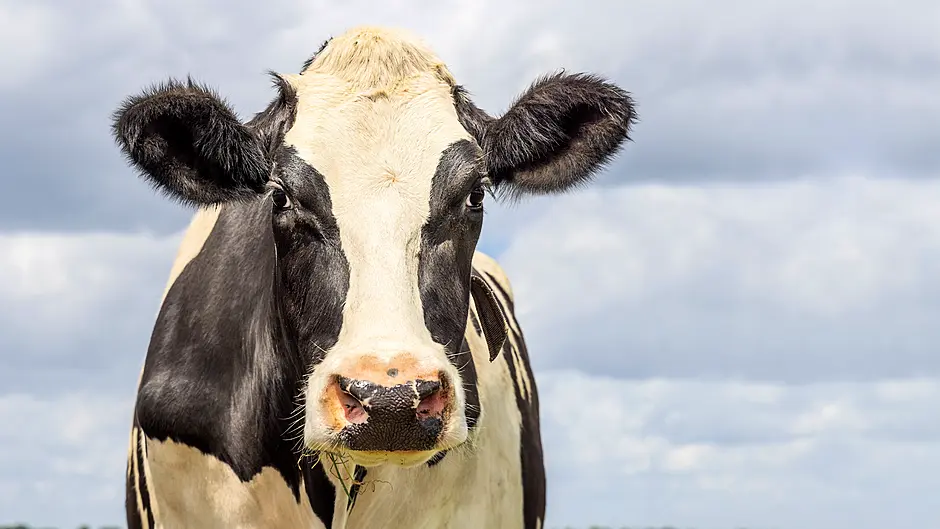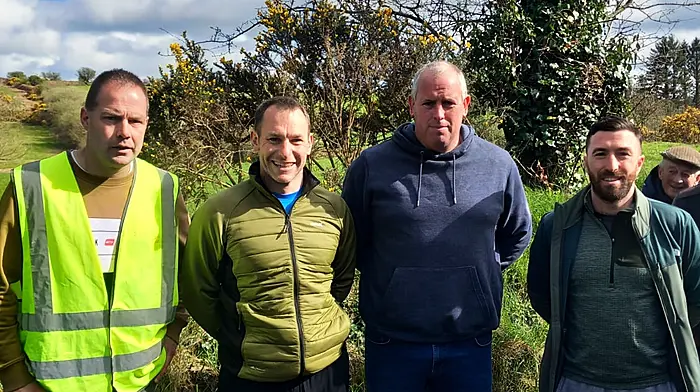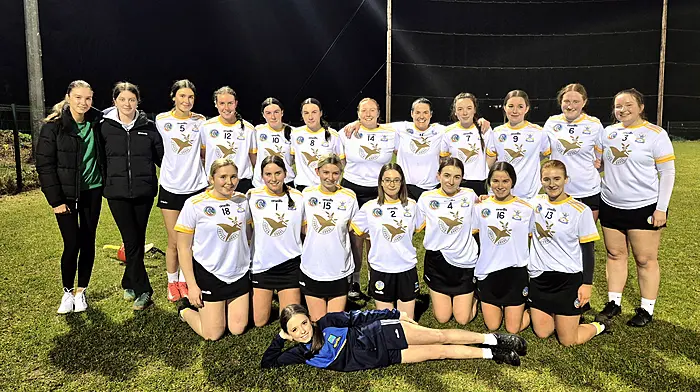THE local economy in West Cork could be facing a €200m hit due to falling milk production.
The fallout from a year of massive rainfall, with added high production costs, and pressures due to environmental regulations, have led to a 9% reduction in the milk pool nationally so far this year. If this reduction continues for the remainder of the year, it could see one billion litres gone from the milk pool nationally.
West Cork Senator Tim Lombard, a member of the Joint Oireachtas Committee on Agriculture, Food and Marine, said this could translate into a €200m loss locally.
‘At a price of 50c per litre, that would see €500m wiped from the economy. Around 40% of the milk pool comes from Cork, so potentially we could be looking at a €200m impact to the rural economy,’ said Sen Lombard
‘This is not only about farmers and their milk cheque. It’s about our local economies and the reduction in spend which would result from it.
‘We cannot afford to take money out of these rural towns and villages.’
Figures cited by Dairy Industry Ireland (DII) showed that out of every €1 generated by farming, 90c is recirculated back into the economy.
The chairman of West Cork ICMSA, DJ Keohane, said the prolonged wet weather has had a huge effect. ‘Milk production is way down,
around 9 or 10% in West Cork. But the costs facing farmers are absolutely huge – feed, electricity, fuel. Fertiliser prices are 50% more than two years ago.’
Mr Keohane said a farmer with a 100 cows could be down as much as €70,000 from two years ago. While the weather is the predominant cause of decreased milk production, fears over the stability of the nitrates derogation is already a cause of angst to farmers.
‘The derogation is up in two years and farmers have no certainty if they will have a derogation then,’ said DJ Keohane. ‘Water quality has improved, but farmers need to be given time to prove that. Every other sector gets time, and farmers need time.’
Sen Lombard said a report is being compiled by the Oireachtas committee on compliance with the nitrates directive. That report will be sent to Environmental Commissioner Virginijus Sinkevičius and the directorate general in Brussels next month.
DII, which represents the interests of Ireland’s primary and secondary dairy processors, including the specialised nutrition sector, appeared before the Oireachtas committee before the bank holiday weekend and director Conor Mulvihill warned milk production figures were ‘really scary’.
‘We do hope to recover, with the help of God, with the good weather, perhaps good sentiment coming back, and the dairy markets recovering. However, the costs are phenomenal. This money is removed from places in Ireland that do not have BioPharmaChem, Google or Facebook. It is removed from Kanturk, from West Cork, or from Ballaghaderreen. Money cannot be taken from the likes of these places.’
DJ Keohane said some farmers are struggling badly with energy bills due to their decreased income. ‘In two years, you’re talking about a price difference of about 15c a litre.
‘There’s a lot less product this year but milk prices have stayed the same while costs have gone up.’
He said that farmers need to be given time from the EU to show their environmental efforts are making a difference.
‘Farmers have been more efficient and water quality is improving but farmers need to be given time to prove that. Every other sector gets time, and farmers need time.’









